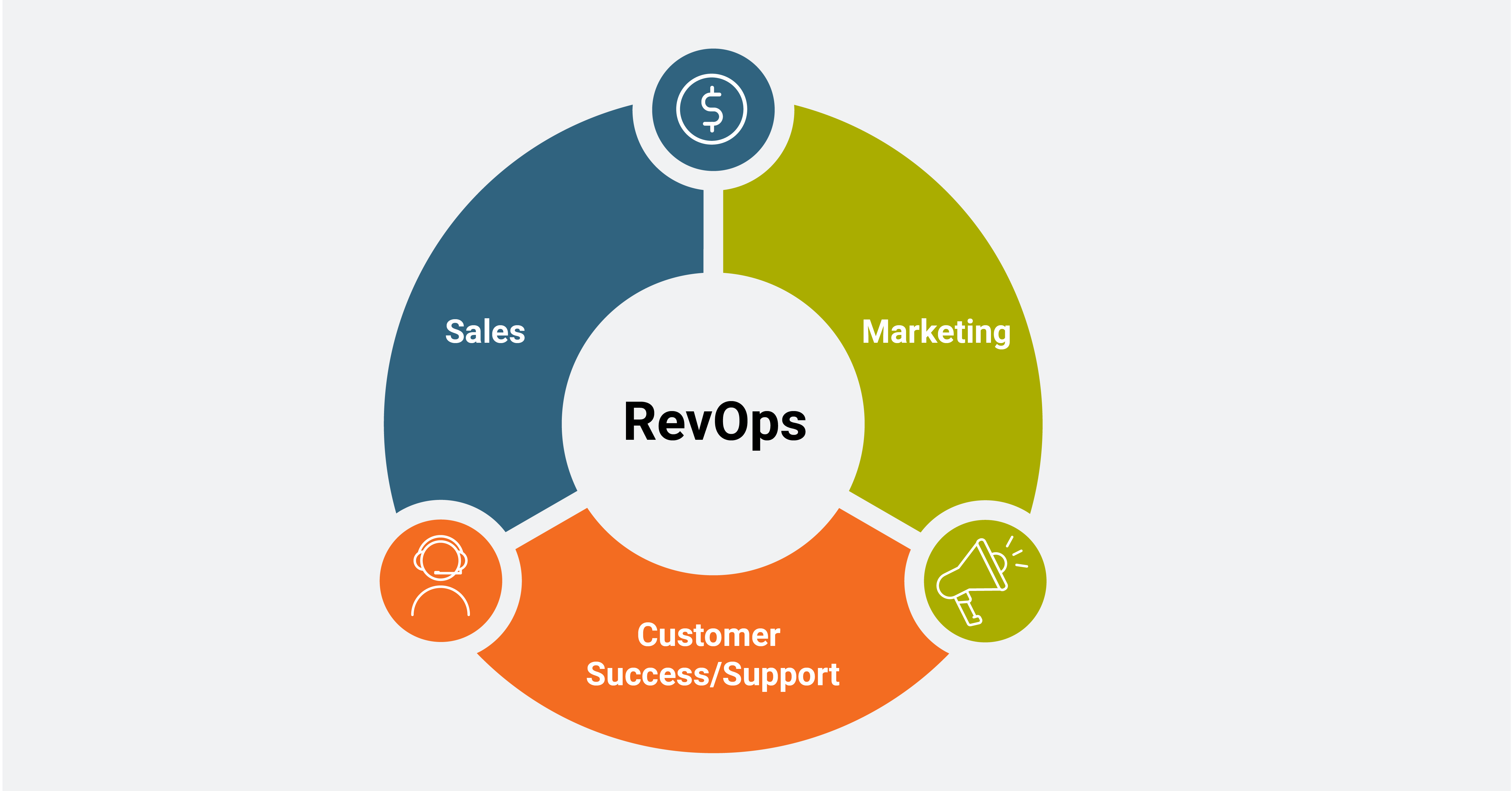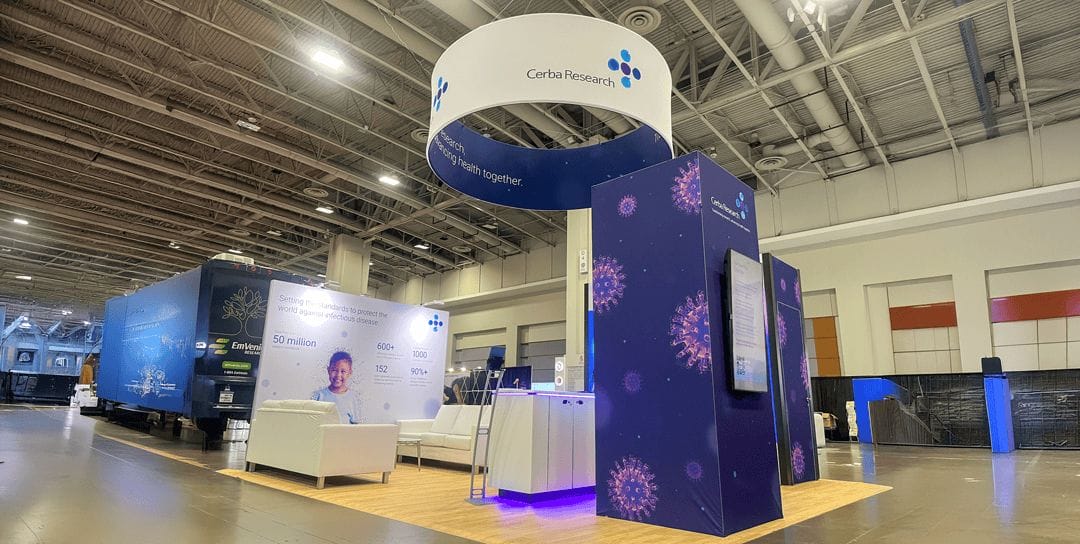Solar software dynamo Aurora Solar, flush with a $250 million funding round and a reported valuation of $2 billion, just acquired Folsom Labs, a software company focused on solar system design and optimization for commercial buildings. The value of the acquisition was not disclosed.
Aurora uses remote imaging to design rooftop solar installations, aiming to shift a labor-intensive and in-person design process online. Its software lets solar installers perform remote solar shading analysis, design solar and storage rooftop systems, forecast energy generation and produce accurate sales proposals.
The just-acquired Folsom Labs, a solar design and optimization startup, does about the same thing, but in the commercial sector of the solar market. The company’s sales and engineering tool, HelioScope, is directed at process flow in commercial solar projects, from “initial customer lead to final close,” according to co-founder Paul Grana.
Both software companies are intent on optimizing design and lowering solar pricing by focusing on “soft costs,” industry parlance for everything that’s not hardware. That includes customer acquisition, installer overhead, financing, contracts, inspection, permitting, interconnection and installation labor.
Non-hardware costs account for a disproportionate 55 percent to 60 percent of the average residential installation in the U.S., according to energy consultancy Wood Mackenzie. (Soft costs account for a significantly smaller portion of the cost of a home system in other solar-rich countries such as Germany and Australia.)

Customers of Aurora’s software include installers such as SunPower, Momentum Solar, Black & Veatch and Namasté Solar, according to its website.
Software for every solar sector
Residential solar software maker Sofdesk was acquired by microinverter builder Enphase earlier this year, and other software vendors are rumored to be seeking acquirers in the solar value chain, but Grana and Christopher Hopper, another co-founder of Aurora, are intent on remaining an independent software company with a product that provides data-driven decisions.
“We share the same DNA and the same passion,” said Hopper in an interview with Canary Media. “We have the same motivations to provide best-in-class tooling to the solar industry. Folsom Labs took more of the commercial route, we took more of the residential route, but it was always about building a platform that serves the entire solar market well.”
Grana said Aurora is an ideal “long-term home for our customers, for our product and for our team.”
Software eats the solar market
A number of solar companies are using software to improve system design and the customer experience, as well as reduce soft costs.
- Bodhi is a software platform meant to help installers improve the solar customer experience.
- AlsoEnergy provides software for monitoring commercial and industrial solar systems.
- EnergySage lets customers compare online quotes from hundreds of solar installers.
- Enact Systems designs software that lets installers and developers remotely design and manage solar and storage projects.
- Energy Toolbase builds software for project modeling, storage optimization and asset monitoring for solar and storage developers.
- Open Energy looks to match low-carbon projects with optimal financing solutions.
- Sighten provides solar project management software to residential installers.
- SolarNexus‘ software allows installers to design, price, quote and contract a combination of PV, energy storage and efficiency measures.
- Station A uses software to optimize deployment planning for renewables and distributed energy resources in the commercial and industrial building market.
- Solo builds solar proposal software.
- Terabase Energy uses software to drive down utility-scale solar power costs.
Record year for residential solar
Over the course of this strange year and a half, American residential solar companies claimed they could weather the Covid-19 storm with software, remote selling and new online strategies. It turns out they were right.
Online sales strategies combined with homebound, energy-curious customers have enabled the residential solar market to grow with strength in a cataclysmic 18 months. The pandemic put resilience at the forefront of people’s minds and accelerated adoption of digital sales practices.
BloombergNEF forecasts that Americans will install a record 3.6 gigawatts of solar on their homes in 2021.
(Lead photo: Jeroen van de Water/Unsplash)




